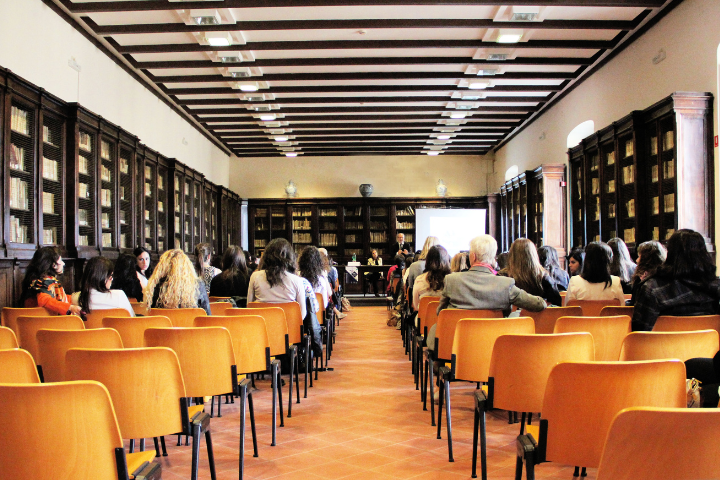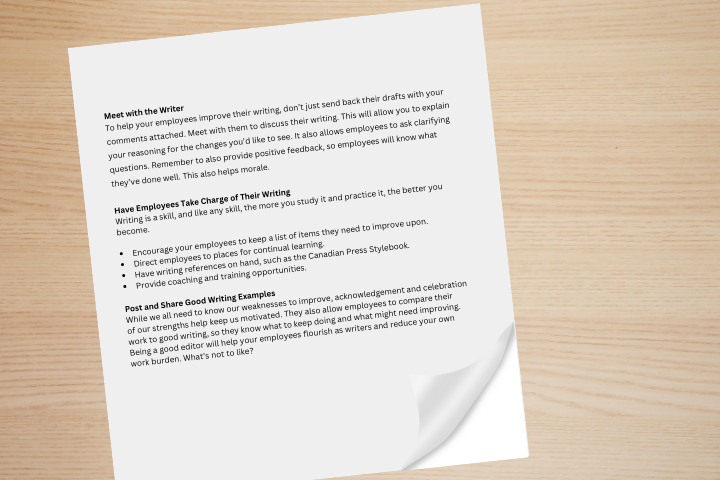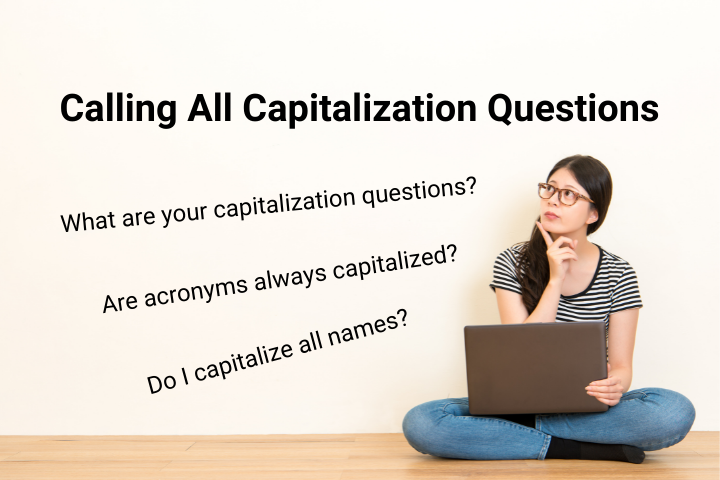
From October 11 to October 13, 2013, Marie and I attended the 9th Biennial Plain Language Association International PLAIN 2013 Conference in Vancouver. For three days, we met with other plain language enthusiasts to discuss and share ideas on how we can promote – and convince – writers to write more clearly.
Thursday evening
On Thursday evening, we attended the welcome event, which included a fascinating presentation by Joseph Kimble titled, “Wild and Crazy Tales from a Decade of Drafting U.S. Federal Court Rules”. With humour and great examples, Mr. Kimble demonstrated that clear language is available even to the justice system, therefore emphasizing that anyone who has “the will, the skill, and the time” to devote to such a noble cause, can successfully write in plain language.
All Day Friday
On Friday, Eclectic had a booth set up at the trade show. We exchanged ideas and business cards with plain language enthusiasts from all over the world, and we established some excellent new connections as well. Additionally, we were able to show off our almost-ready online punctuation course – the first of many online courses that we’ll be rolling out over the coming months.
Friday was also the day of the round robin discussions, which both Marie and I participated in as facilitators. Marie discussed how to managers to become advocates for plain language in their organizations and got some excellent feedback. Two of many ideas discussed were influencing plain language writing through the emphasis of benefits and quantifying the time and money lost when an author does not write with a plain language approach. (You can do your own cost analysis with Eclectic’s own cost calculators.)
My round robin discussion dealt with convincing writers that all well-written documents are reader focused. One fun idea came from a Swedish participant who encourages her students to purchase a Lego figurine as a reminder to focus on the reader. Another participant emphasized that age does not equal ability, and therefore, we cannot judge someone’s reading level by a person’s age.
At the end of the day on Friday, Marie presented a very successful lecture on eLearning. People were very engaged in what she had to say, and they wrote copious notes!
All Day Saturday
On Saturday, Marie and I attended several presentations. The first presentation of the day, which dealt with ethics in communication, was inspiring and affirming. Two excellent questions were the focus of this presentation:
Are your company’s texts ethical? Who, as writers, are we advocating for?
Another excellent Saturday presentation discussed why plain language is so important. The presentation emphasized what people bring to reading, for example their beliefs, their assumptions, their physical ability, and their motivation. We learned that it takes a reader only 50 milliseconds to form an impression of a document and its content. Even more interesting was the statement that quick first impressions are the same as longer first impressions.
A third presentation that both we enjoyed discussed such great ideas as “the law of least effort”. This law describes the fact that readers don’t want to work hard. As well, the presentation reiterated how quickly we judge a document, and it stressed that these decisions are emotional first, and logical second. “We feel the decision before we can verbalize it”, stated the presenter, Mark Hochhauser. “The rest,” he concluded,” is just justification”.
Without a doubt, PLAIN 2013 was an excellent time and a great learning experience, and we hope that this summary of the event will grab your interest to further invest in the idea of communicating clearly in writing. We have the time, the skill, and the will to help you with all your writing goals!





